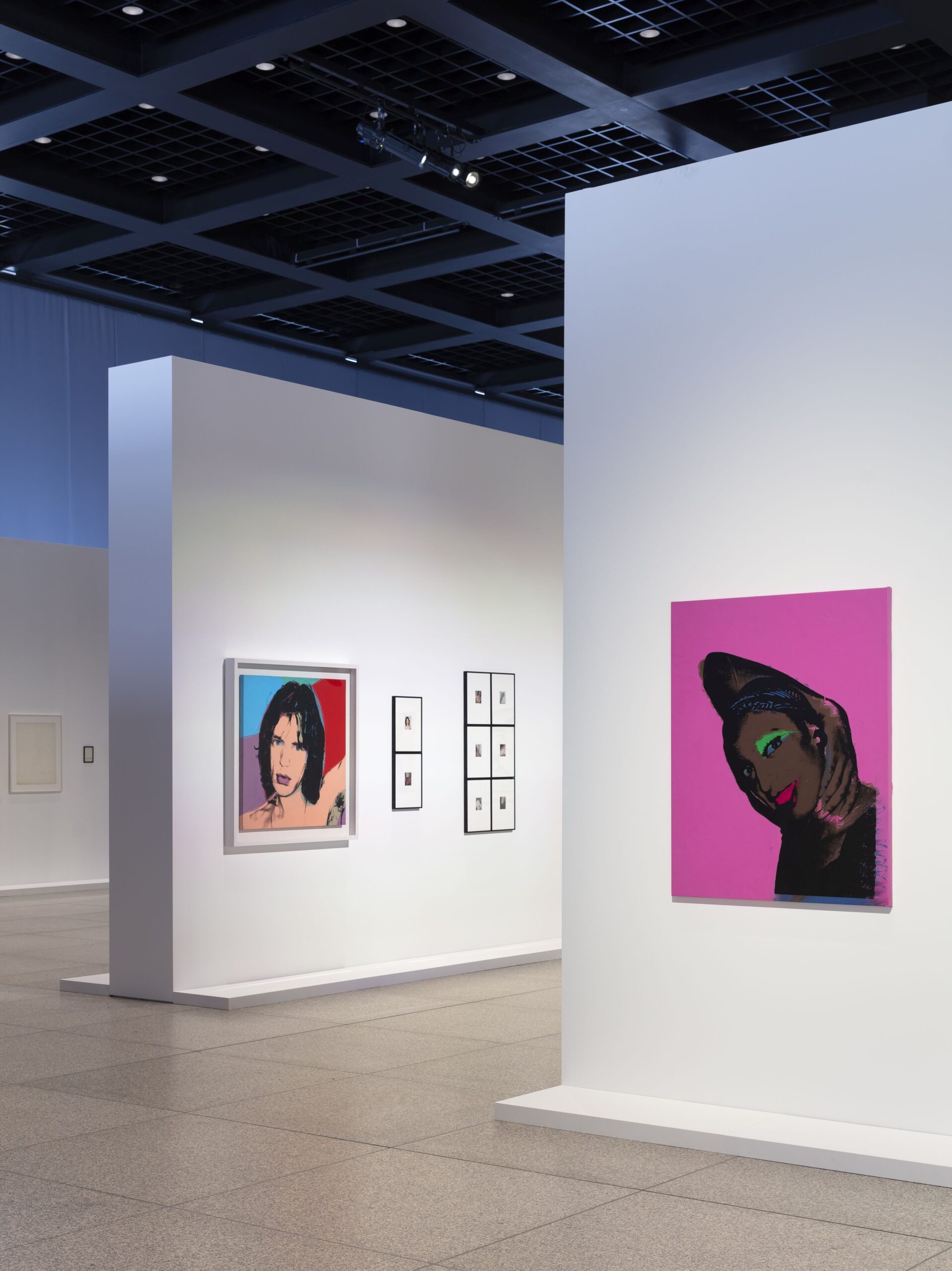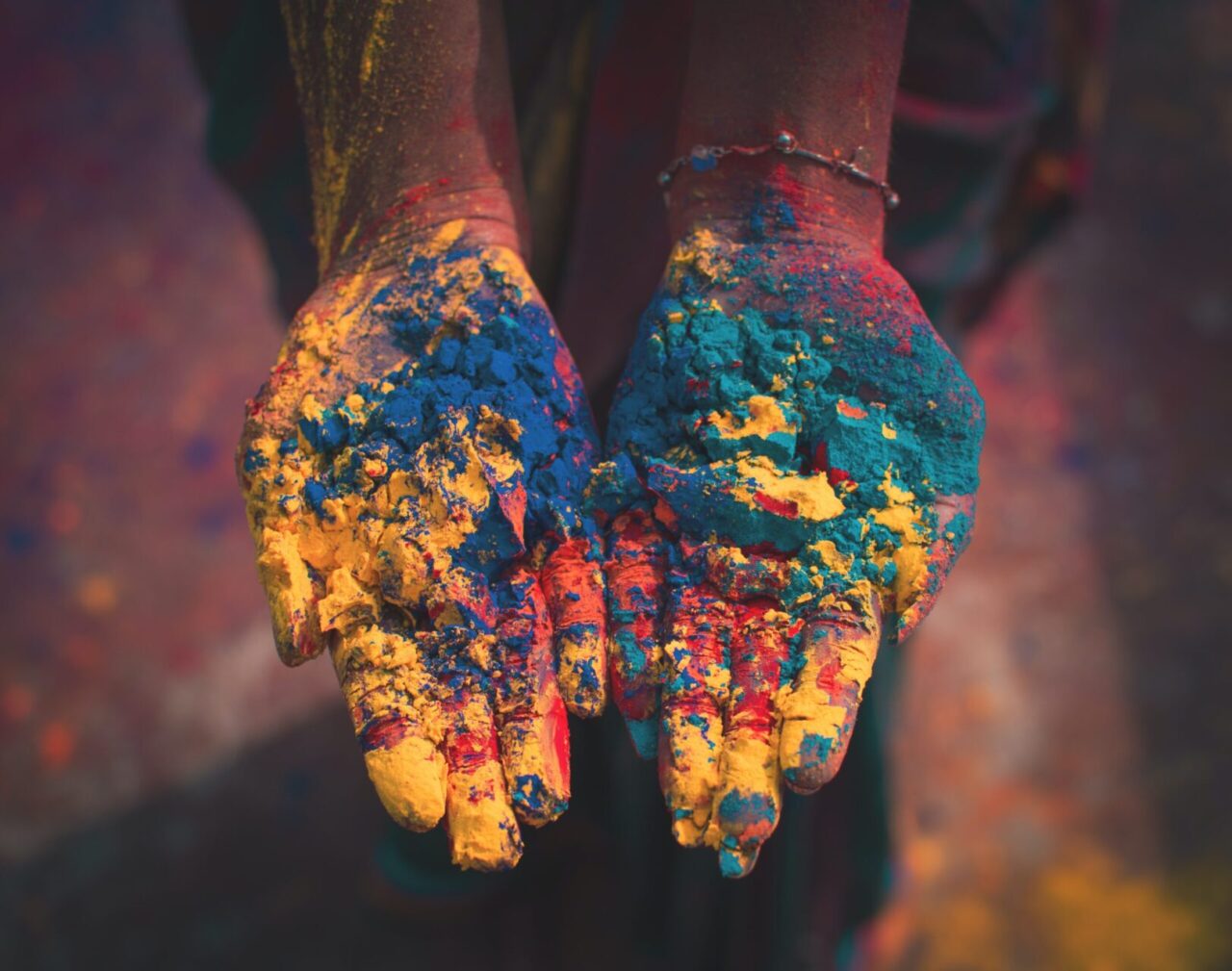In 1919, Aurora Mardiganian was tricked into becoming a Hollywood star. Perhaps most people would be swept up by the deception, blinded by the neon lights of the American dream. However, when Aurora was cast as the lead in Auction of Souls, a film “based” on her autobiography, and was paraded as a new Hollywood starlet, she couldn’t get lost in La La Land.
After all, it was only two years after she fled to America from Armenia; three years after she watched her mother be brutally murdered; four years after her father beat her brother to death to save him from Turkish soldiers.
The cost of exploitation
After all of that “real life”, Aurora realised that Hollywood didn’t care for her story, even though they said they did. They didn’t care for the truth of what she had been through, nor did they let her story speak for itself. Instead, she became a victim of a dollar-sign-for-eyes. A traget for a well oiled, narcissistic machine that never blinks at the horrors it depicts and only sheds a tear when the box office numbers are record breaking.
April 24th is the Remembrance Day for the Armenian Genocide which began in 1915 and killed an estimated 1.5 million Armenians. Since 2015, the Maxim Gorki Theatre has reserved the day for a Lecture-reading of Auction of Souls, directed by Arsinée Khanjian, which reconstructs the life of Aurora Mardiganian. Aged just 14 when the genocide began, Aurora spent two years escaping death. She was sold into a harem for 85 cents, forced to convert from Christianity to Islam to save her life, and walked approximately 1400 miles across Dersim, a desert region in Armenia, to reach the city of Erzurum and eventual international protection in 1917.
However, after reaching safety from immediate danger, she fell victim to an altogether different yet brutal oppressor. Khanjian’s production is a highly detailed, immaculately researched and deeply moving portrayal of a woman offered false hope by a corporate system after she had lived through the worst of humanity. Central to the piece is the question: why can’t a story speak for itself?
What does it mean for a story to “speak for itself”?
Over the course of the show, Khanjian teaches that often stories are not allowed to speak for themselves. The reality behind fiction is often misremembered, mis-characterised and consequently, forgotten. Particularly within Hollywood, the quantity of films produced takes priority over the quality or truth behind a story. Auction of Souls, the film, was filled with inaccuracies, misrepresentations and lies that turn Aurora’s tragic experiences into a piece of entertainment.
The statistics that lie behind the box office success demonstrate the lack of care that was paid to Aurora. Despite the film breaking box office records in over five US cities when it was released, Aurora earned approximately $7,000. However, the production company deducted $6,805 for “personal services”1. Those deducted expenses included seven look-alikes, who were hired to take Aurora’s place during publicity of the film2.
Is playing always fun?
Khanjian’s production presses pause on the tape of endless cultural “entertainment” and rewinds to Aurora’s life, exploring how history is recorded by examining the language we use to tell stories. Khanjian narrates the piece like a novel with several chapters. Each chapter defined by a different word, written alongside its meaning on translucent plastic sheets that are placed under a projector. The word “Playing”, for example, elicits joy, frivolity and carelessness. Under closer examination, Khanjian examines that within the context of genocide, the games that were played were sinister and brutal.
Aurora recounts, in a piece of interview footage projected on stage, that the “players” were the Turkish soldiers, who turned war into a game and human lives into plastic pieces. The example within the chapter of “playing” is a particularly horrific anecdote of the torture suffered by Armenian women. Turkish soldiers planted wooden spikes, Aurora recalls, into the ground in a line. Sharpened at one end, the spikes faced upwards. Young girls and women were then picked up one by one by Turkish soldiers on horseback, who would then proceed to throw these girls onto them. The aim of the “game”: death in one throw.
Khanjian’s performance reveals the bloodlust that characterised the genocide. Khanjian is keen to emphasise that German soldiers also took part in the systematic killing and that until ten years ago the German Government had not acknowledged the event as a “genocide” . “Playing”, therefore, is not implicitly “fun”, but rather emphasises the consequences on the human psyche of the normalisation of the relentless destruction of human life.
Hollywood wants us to be careless
One hundred years after both the genocide and the release of the film, Armenians are still being displaced. Most recently, on 19th September 2023, Azerbaijan invaded the Nagorno-Karabakh region, forcing 100,000 Armenians to flee. Khanjian’s lecture-performance also reiterates that when stories disappear, like Aurora’s, they are often repeated. It would be foolhardy to assume that we can remember every story ever told, yet it is telling that how we consume stories nowadays resembles the emotional blindness that Hollywood exhibited by making Auction of Souls.
On social media, we consume images of torture alongside videos of fashion tutorials and choreographed dancing. Khanjian announces throughout the piece that “the truth is never too terrible to depict”. It is not wrong that we watch and learn about the world, the fault lies in how we consume. We jump from the frivolous to the brutal and back in a matter of seconds.
What does this do to our understanding of events? Do they stand out and speak for themselves? do they insight action or merely superficial interest? Social media can be a vehicle for raising awareness of atrocities, offering a more informal and human perspective than mainstream news. However, there is a danger that the method of consumption that social media encourages means that brutality becomes part of an endless, mindless doom-scroll.
A warning and a reminder

Aurora Mardiganian became the voice for the thousands of Armenians who died in the genocide. Both the Maxim Gorki Theatre and Khanjian herald Aurora as a fearless woman who escaped torture and exploitation, but was nevertheless a victim of systems who exist for violence and profit. The piece is a vital cautionary tale about what happens when a story is not allowed to speak for itself.
More information about Armenia can be found in the links below:
- https://www.genocidewatch.com/single-post/genocide-and-forced-deportation-nagorno-karabakh
- https://www.crisisgroup.org/europe-central-asia/caucasus/armenia-azerbaijan-nagorno-karabakh-conflict/upholding-ceasefire
- https://www.politico.eu/article/united-nations-security-council-discuss-nagorno-karabakh-crisis-genocide-warning
Footnotes:
- Mardiganian, Aurora. Ravished Armenia and the Story of Aurora
Mardiganian. Edited by Anthony Slide. Jackson: University Press of
Mississippi, 2014. ↩︎ - Brault, Samantha R. (2016) “”The Barbarians of Hollywood”: The Exploitation of Aurora Mardiganian by the
American Film Industry,” Butler Journal of Undergraduate Research: Vol. 2 , Article 18. Page 29. ↩︎












You must be logged in to post a comment.